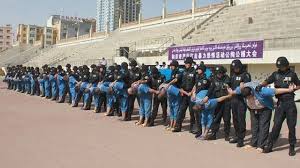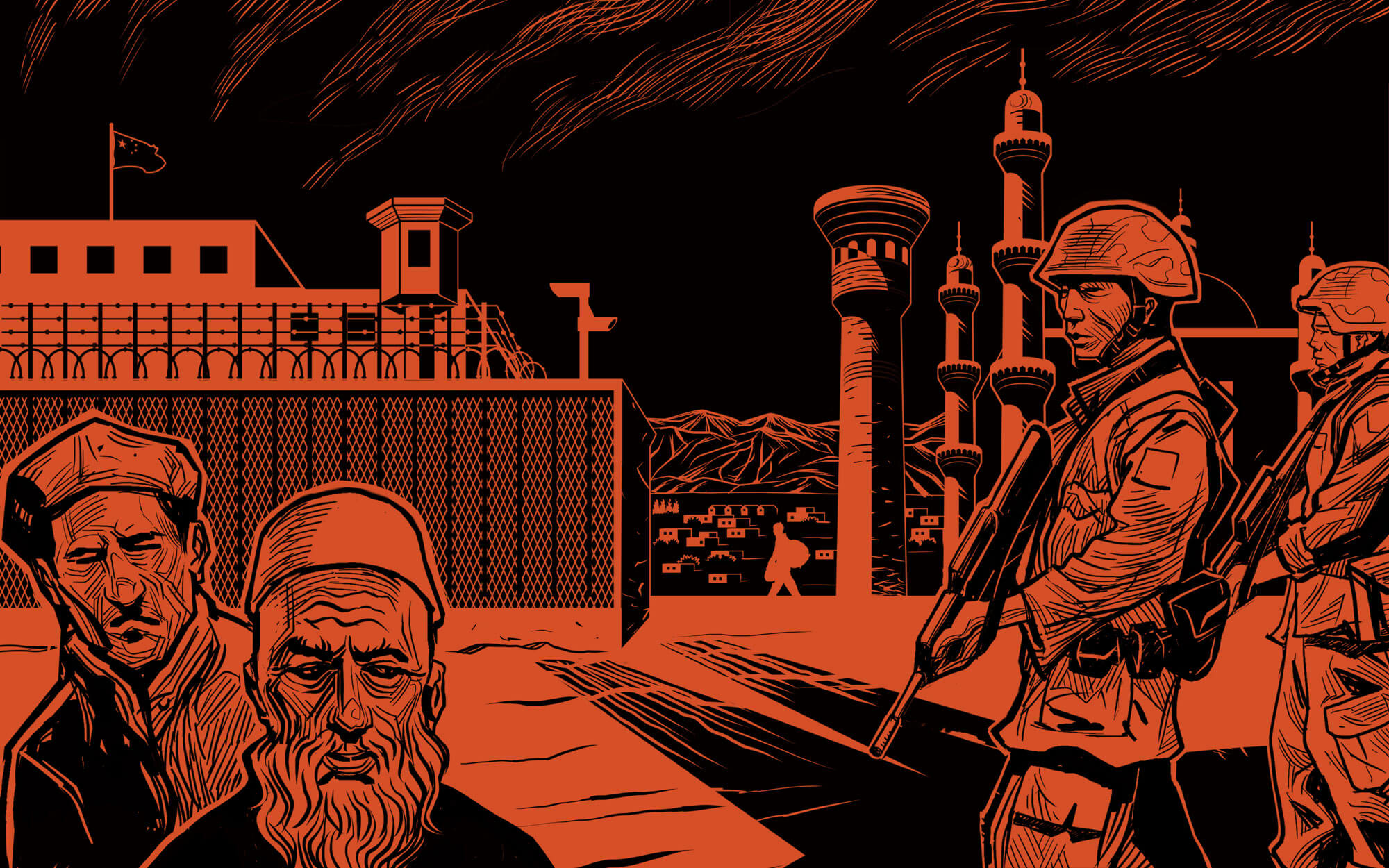
Muslim Council of Britain Parliamentary Briefing – Amendment relating to Genocide (Genocide Amendment) to the UK Trade Bill 2019-2021
About us: The MCB is the UK’s largest and most diverse Muslim representative umbrella body with over 500 affiliated national, regional and local
organisations, including mosques, charities, schools and professional networks.
In a report1 produced in November 2019, based on a survey of a cross-section of its affiliate base and wider British Muslims, the MCB found that 89% of respondents felt addressing human rights abuses abroad
should be a priority for the next UK Government.
Background: The UK Trade Bill was first introduced in the House of Commons earlier in 2020, with the aim of implementing international trade
agreements post-Brexit. The all-party amendment relating to Genocide; proposed by Lord Alton of Liverpool and sponsored by Baroness
Kennedy QC of The Shaws, Lord Forsyth of Drumlean and Baroness Falkner of Margravine was passed by the House of Lords, It is being
sponsored by in the House of Commons by Sir Iain Duncan Smith MP and Nus Ghani MP states:
5(1) International bilateral trade agreements are revoked if the High Court of England and Wales makes a preliminary determination that they
should be revoked on the ground that another signatory to the relevant agreement represents a state which has committed genocide under
Article II of the United Nations Convention on the Prevention and Punishment of the Crime of Genocide, following an application to revoke an
international bilateral trade agreement on this ground from a person or group of persons belonging to a national, ethnic, racial or religious
group, or an organisation representing such a group, which has been the subject of that genocide.
5(2) This section applies to genocides which occur after this section comes into force, and to those considered by the High Court to have been
ongoing at the time of its coming into force.
A number of key considerations are listed below:
International law
• The UK is obliged to prevent and punish genocide2. Even if a determination of genocide has not been made by an international body;
the UK proceeding on the basis that genocide is not occurring will be a position which is contrary to international law.”3
• The application of a Genocide Amendment would be following international law as where a treaty is in conflict “with a peremptory
norm of general international law” the treaty is void.4
• The UK has been a major proponent of the “Responsibility to Protect” norm. Passing the Genocide Amendment would serve as
prevention efforts by the UK, continues the UK’s influence over the international norm and “is a matter of national interest and a
policy priority” thus contributing to UK security interests.56
Practice
• Lord Hope of Craighead stated; the High Court of England and Wales the relevant place to make any predetermination. The
Government will have the right to argue its case against any predetermination and that only a “fully reasoned judgment by one of our
judges” will make such predetermination.7
• Baroness Kennedy QC stated that the bar for determining genocide, including proving intent, is high and would require “a whole body
of evidence that was highly persuasive and involved eminent lawyers who could testify to the bar having been passed on the definition
of genocide”.8
• Only applies to bilateral trade agreement and does not apply to past genocides.
• A national court will not be able to conduct any criminal prosecutions as it will not have any jurisdiction over foreign State officials. 9
Public opinion
• The weight of public and political opinion on this matter has been considerable since the introduction in 2017 of the Genocide
Determination Bill1011
• Several UK retailers, including Marks & Spencer, Next, Burberry and Tesco, have already banned the use of raw cotton from Xinjiang.12
• 88% of those polled believe that Human rights should protect everyone13
• Sir Ian Duncan Smith MP has stated that, “The Government should not see this in terms of party politics, they should see it in terms of
right and wrong. It’s a very simple choice” and “others will follow suit”14 if the House of Commons adopts this amendment.
• Dr Liam Fox MP has argued that human rights play an important role in post Brexit trade deals as the “value we attach to human rights
is an important part of who we are as a country.”15
•
Recommendation: The MCB believes16 that this amendment is the best way in ensuring a trade policy that uphold Human Rights and has
significant community support. We urge you to support this amendment.
1 British Muslim Perspectives at the 2019 General Election; MCB; 2019; link here
2 Application of the Convention on the Prevention and Punishment of the Crime of Genocide (Croatia v. Serbia); Judgment, ICJ; February 2015; [85–88]; Link here
3 British Parliamentarians Affirm: ‘We Will Not Trade With States Perpetrating Genocide’; Forbes; December 2020; Link here
4 Vienna Convention on the Law of the Treaties; 1969; Art (53) and Arts 65-66; Link here
5 The Conservative Party’s Kigali Declaration against Genocide and Identity- based Violence; 2017; Link here
6 The UK should be empowered not to trade with regimes overseeing genocide; The Times: January 2021: Link here
7 Official Report; 13/10/2020; cols. 1028;1038; Link here
8 Lords vote to revoke UK trade deals with countries committing genocide; The Guardian; December 2020; Link here
9 Arrest Warrant of 11 April 2000 (Democratic Republic of the Congo v Belgium), Judgment, ICJ, 2002 and the Joint Separate Opinions of Judges Higgins, Kooijmans and Buergenthal; Link here
10 Genocide Determination Bill [HL] 2017-19; Parliament.uk; Link here
11 Benedict Rogers: Amendments to the Government’s Trade Bill can help Britain stand up to genocidal regimes; Conservative Home; December 2020; Link here
12 Pressure mounts on China’s ‘slave’ cotton; Drapers; December 2020; Link here
13 Eachother.org.uk; December 2019; link here
14 Board of Deputies emergency meeting on plight of the Uyghurs; YouTube; January 2021; Link here
15 Official Report; 13/02/2019; cols. 892-93; Link here
16 MCB Submission to the Foreign Affairs Select Committee Inquiry into the Xinjiang detention camps; October 2020; Link here



